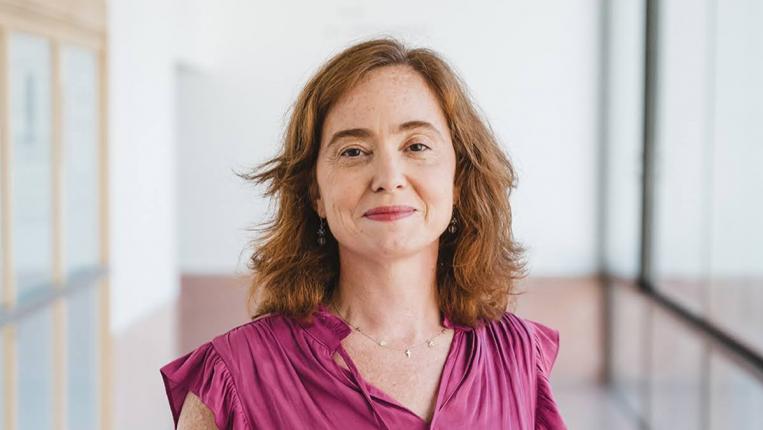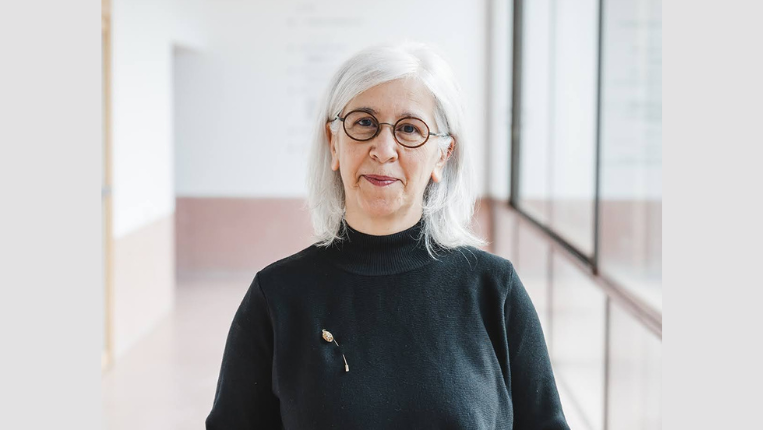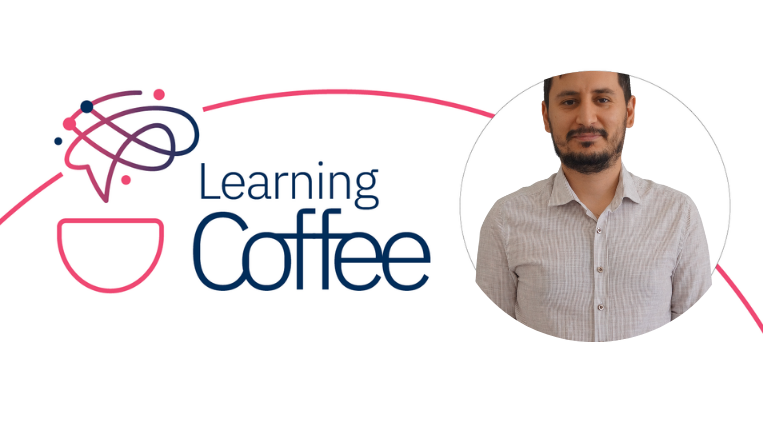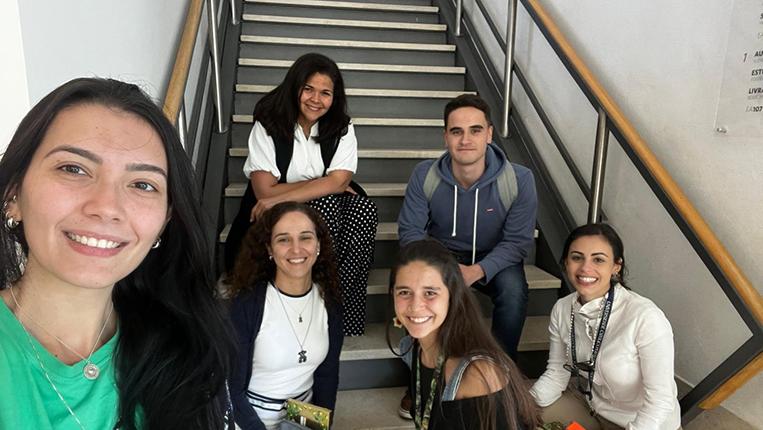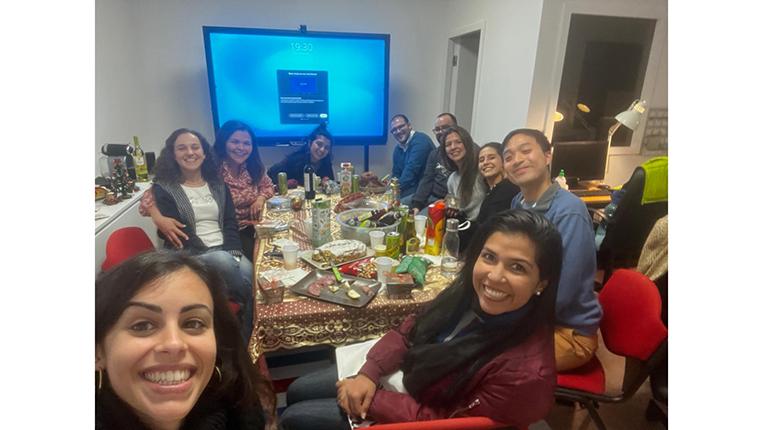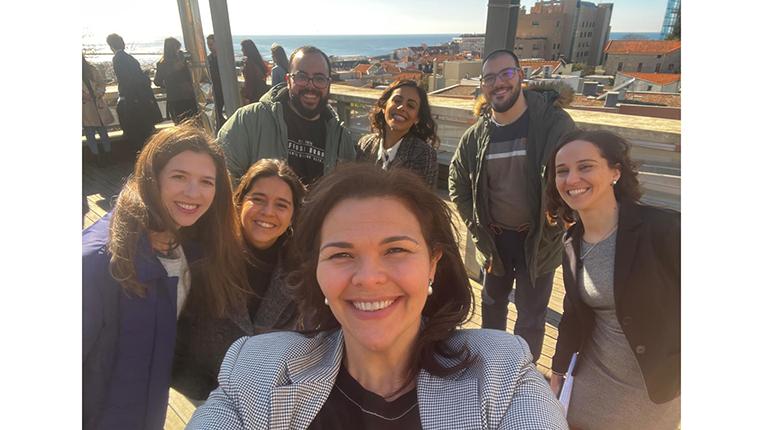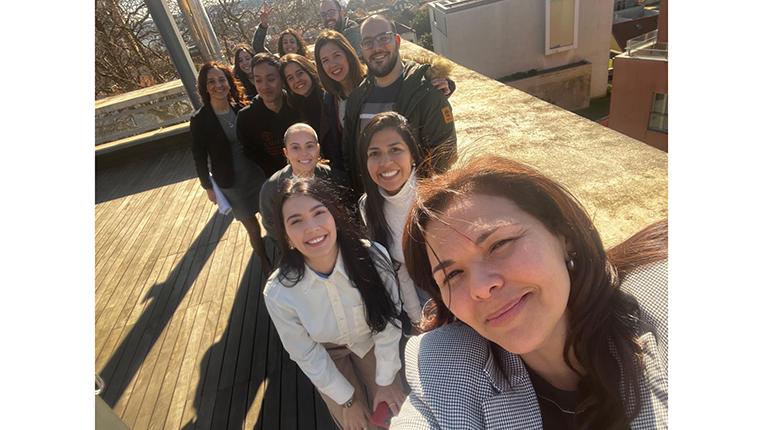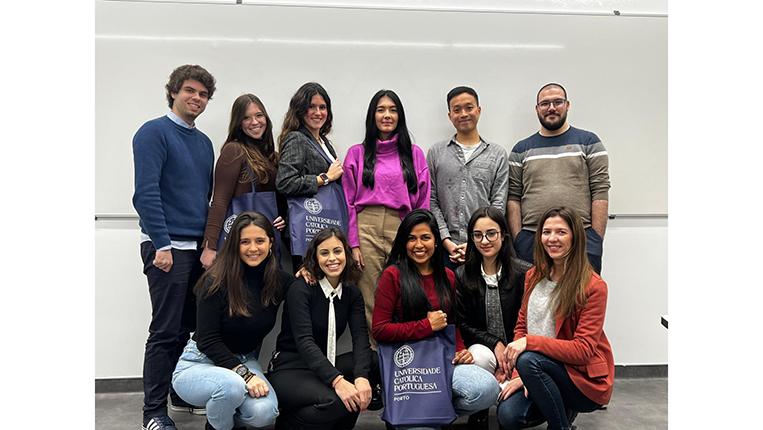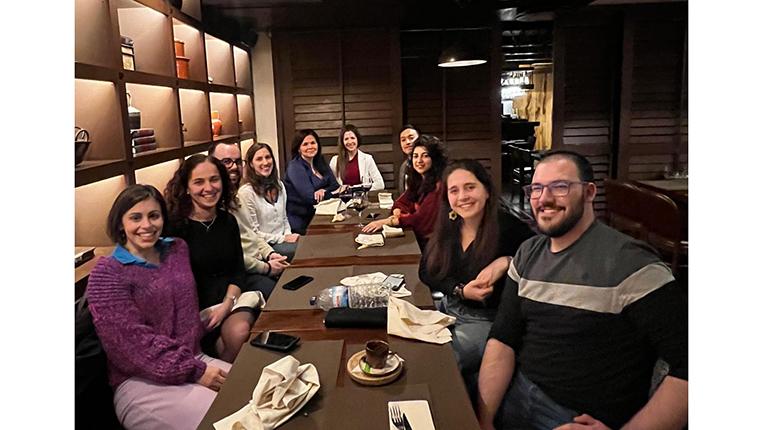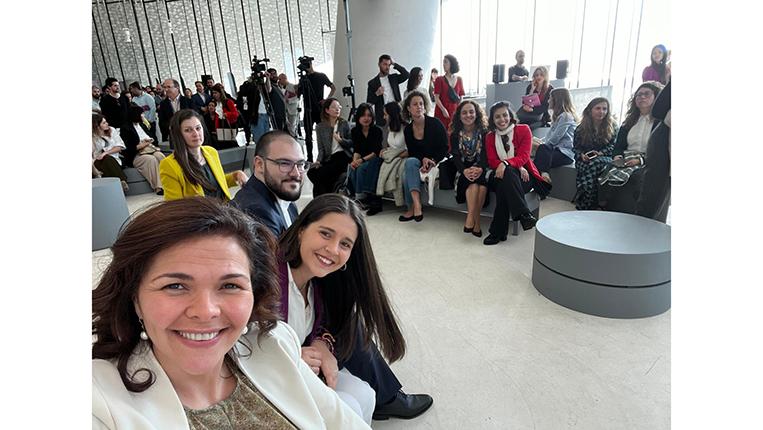A degree in Psychology at the Faculty of Education and Psychology of the Universidade Católica Portuguesa (FEP-UCP) marked a turning point that prepared Raquel Claro for an outstanding international academic career.
Raquel Claro graduated with distinction in Psychology from the Faculty of Education and Psychology of the Universidade Católica Portuguesa (FEP-UCP), in Porto. Today, she holds a Master’s degree in Neuroscience and Cognition from Utrecht University, in the Netherlands, where she is currently conducting advanced research in behavioural neuroscience. Her academic journey is not only a success story but also a clear testament to the transformative impact of the education received at FEP-UCP.
"Choosing FEP-UCP was one of the best (and happiest) decisions of my life," Raquel states, acknowledging that the demanding yet balanced training provided by the undergraduate degree allowed her to develop a broad and interdisciplinary perspective on Psychology — an essential foundation for the challenges of a scientifically rigorous international Master’s programme.
A solid academic foundation
Throughout the Psychology degree, Raquel engaged with diverse areas such as Clinical, Organisational, Cognitive, and Developmental Psychology, underpinned by a strong emphasis on research methods and statistics. Yet, it was in the Neuroscience modules that she found the answer to a question that had long intrigued her: “Where do behavioural phenomena come from, after all?”
That question soon evolved into a passion for Neuroscience and ultimately reshaped her academic path. “It was an intellectual relief to begin to understand human behaviour through brain activity, neural circuits, and the biology underpinning experience,” she shares. Her fascination with the complexity of the brain and her desire to incorporate more objective and technological methods into the study of human behaviour became the core of her academic choices.
Faculty mentors who left a lasting impression
Throughout her time at FEP-UCP, two professors played a particularly significant role in Raquel’s development: Patrícia Oliveira-Silva and Maria Carmo Carvalho. The former for her passionate and accessible way of teaching complex content; the latter for her critical depth in articulating social, historical, and psychological phenomena.
"With Professor Patrícia, I learned not only the fundamentals of Neuroscience but also a passionate way of communicating science. With Professor M. Carmo Carvalho, I gained a new understanding of crime, criminals and victims, and grasped the impact of how social norms and transgressions are constructed. Both were models of academic rigour, but also of empathy, approachability, and passion — values I carry with me and strive to emulate," she emphasises.
The opportunity to do research from the very first year
Raquel’s involvement in research began early, during the first year of her degree, when she joined the Human Neurobehavioral Laboratory (HNL) at the Faculty of Education and Psychology. This early exposure to real research projects enabled her to work with advanced methodologies — such as the collection of neuropsychophysiological data — and to consolidate her scientific vocation.
Later, during her Master’s studies in Utrecht, the skills acquired at FEP-UCP —particularly in SPSS, statistics, interviews, and quantitative data analysis — proved to be key differentiators. “The statistical and methodological skills I developed during my undergraduate studies were a real asset in my Master’s,” she affirms.
Looking ahead: doing science with social impact
With a PhD proposal already submitted to the Portuguese Foundation for Science and Technology (FCT), Raquel aims to investigate the boundaries of facial expression recognition deficits in individuals with psychopathic traits, by studying two specific nuclei of the amygdala — the basolateral and central — using advanced neuroimaging techniques.
“I hope to return to Portugal to share that knowledge and inspire a new generation of Portuguese psychologists and neuroscientists. My goal is to train new researchers, promote accessible science communication, and contribute to high-quality research that has a real impact on people’s lives,” she says.
Advice for those just starting out
Raquel’s message to students now beginning their Psychology degree at FEP-UCP is clear: “Be proactive, don’t be afraid to step outside your comfort zone, and explore topics that may initially seem difficult or ‘off plan’. Ask every question and allow yourselves to be fascinated by the unknown. Often, it is in those moments that the most valuable connections are made. Be curious, passionate, and critical. Academic life is about more than just acquiring knowledge — it’s about learning how to think,” she concludes.

